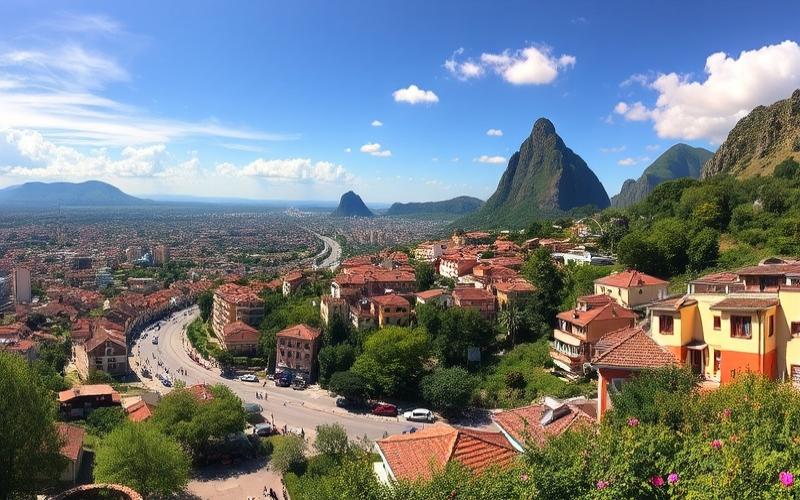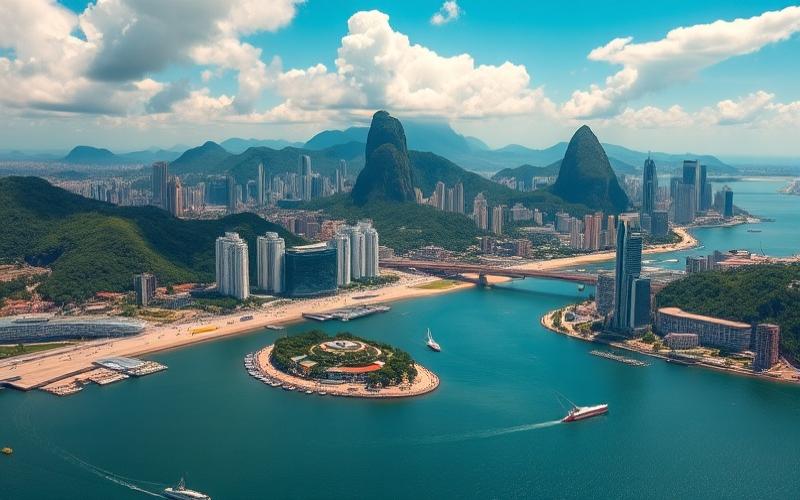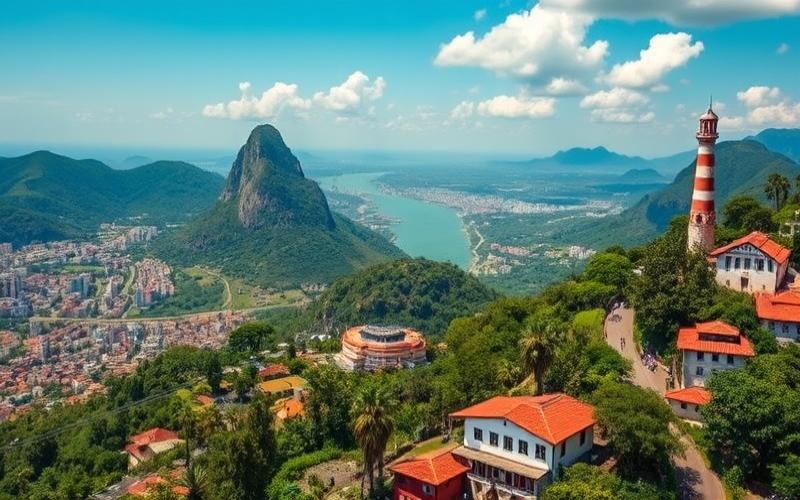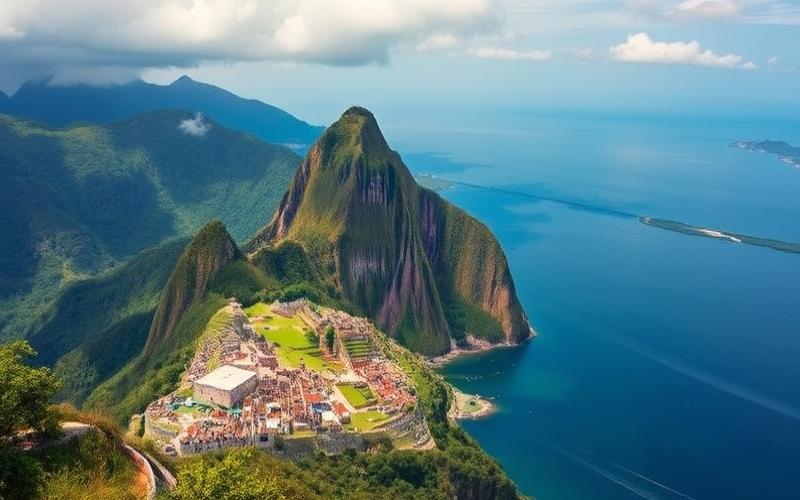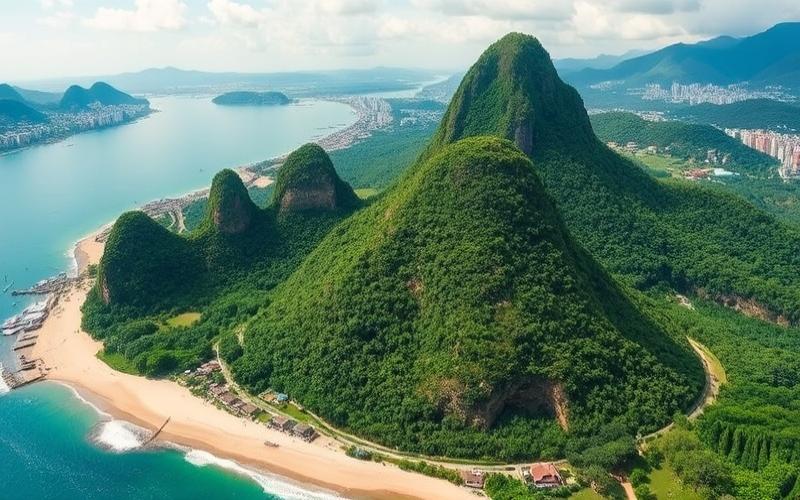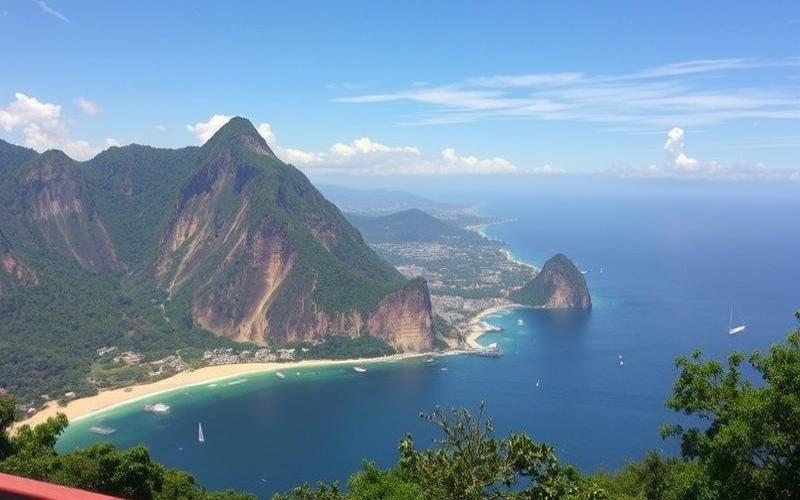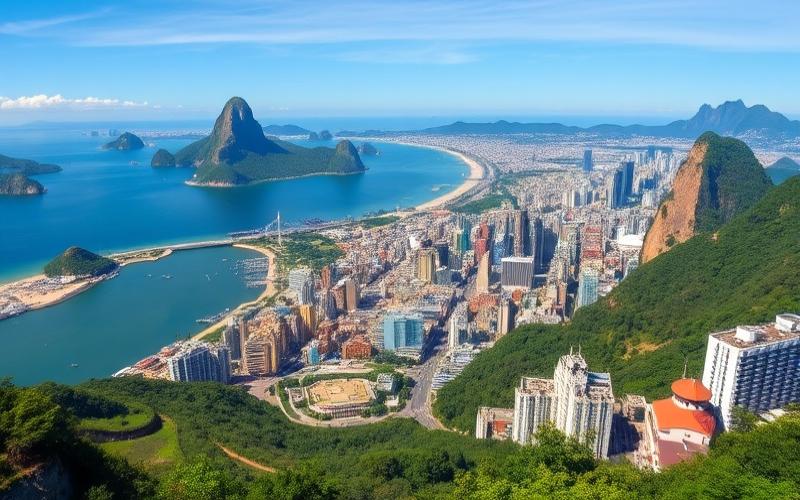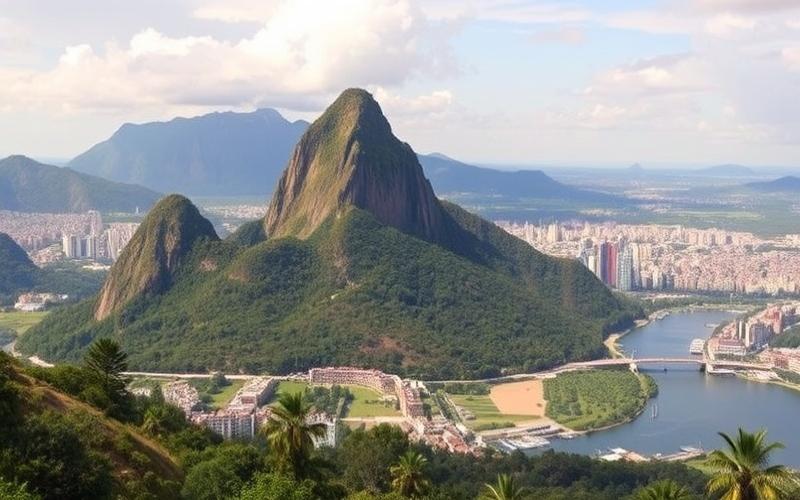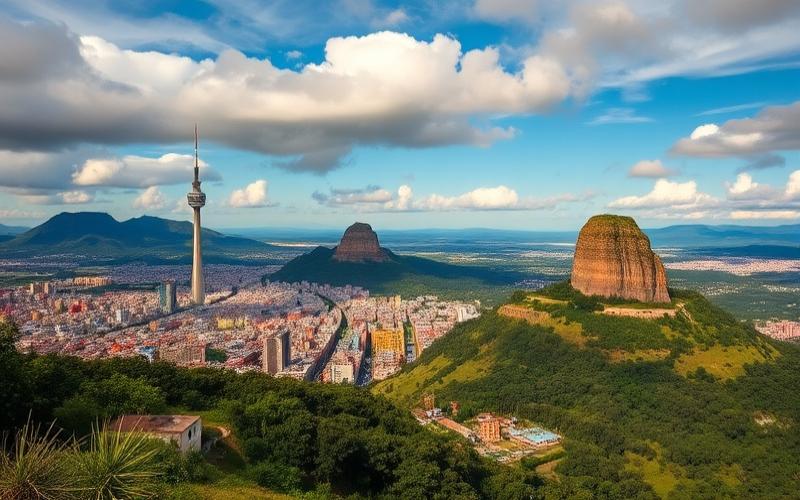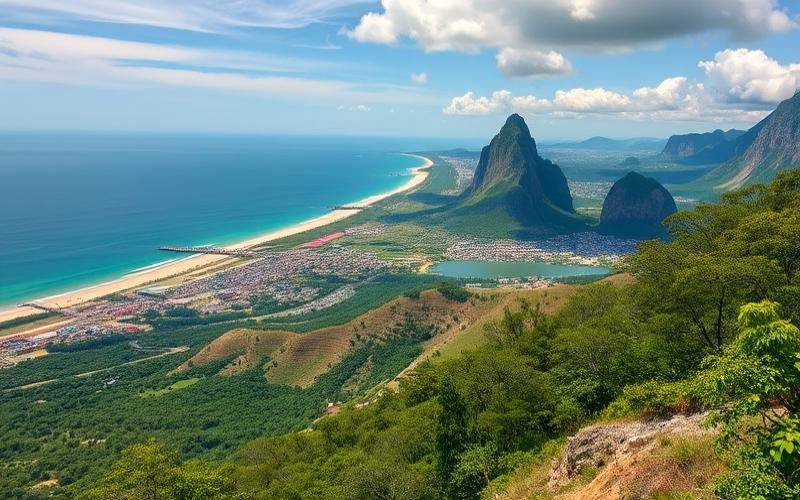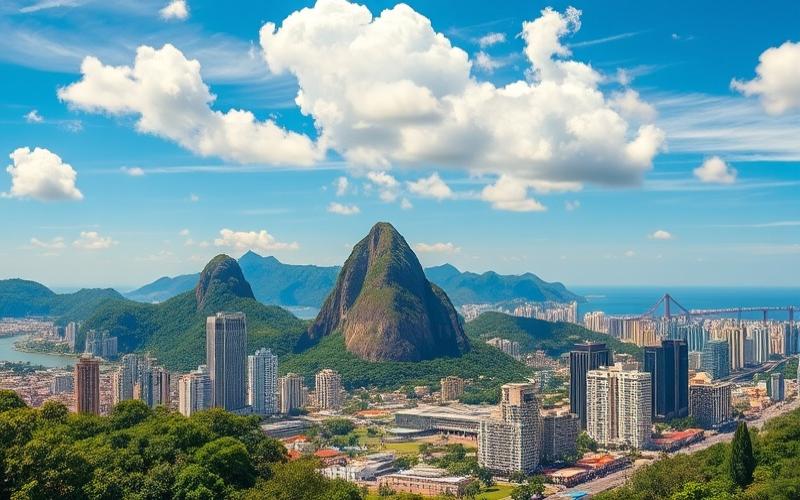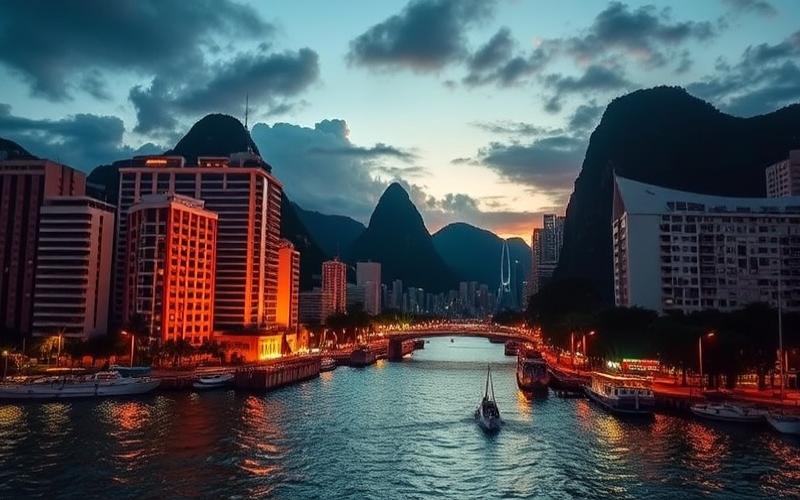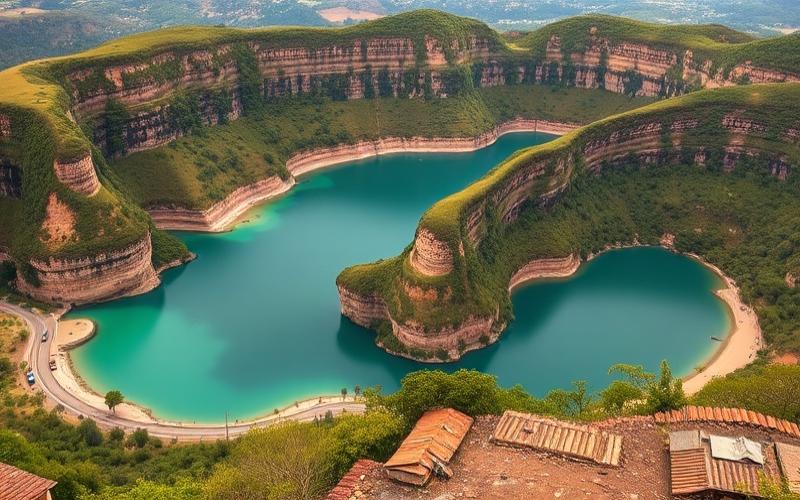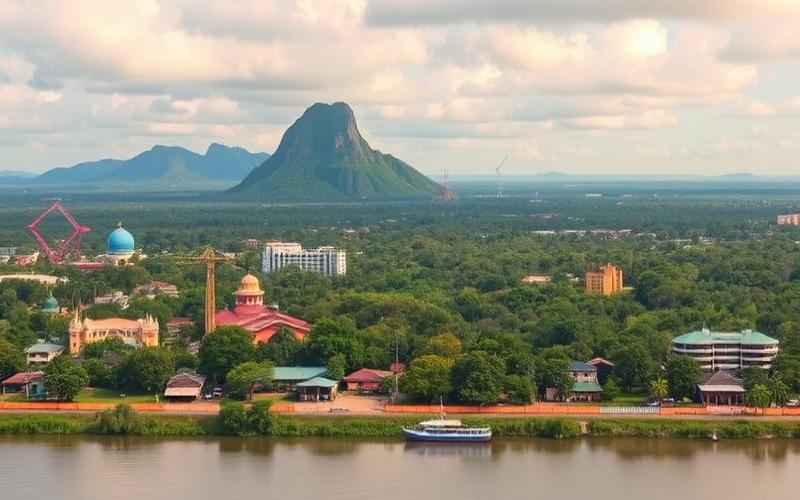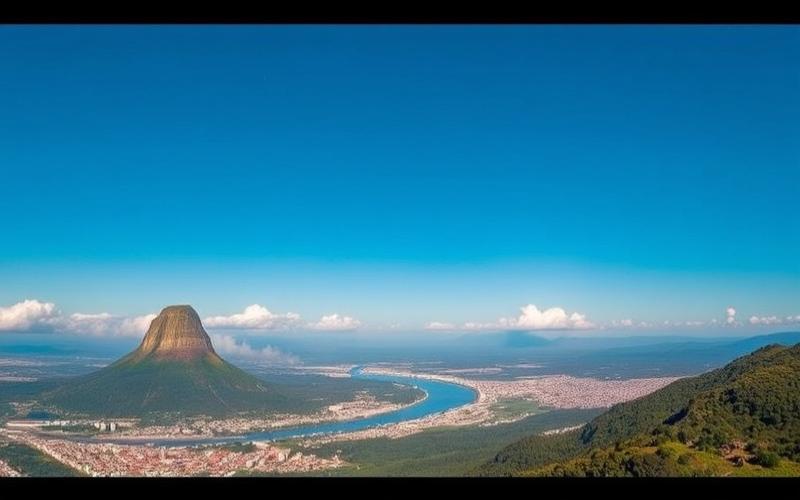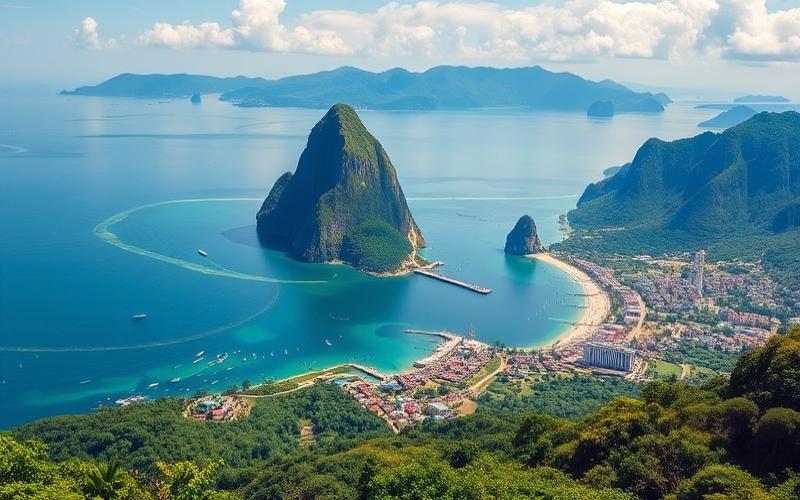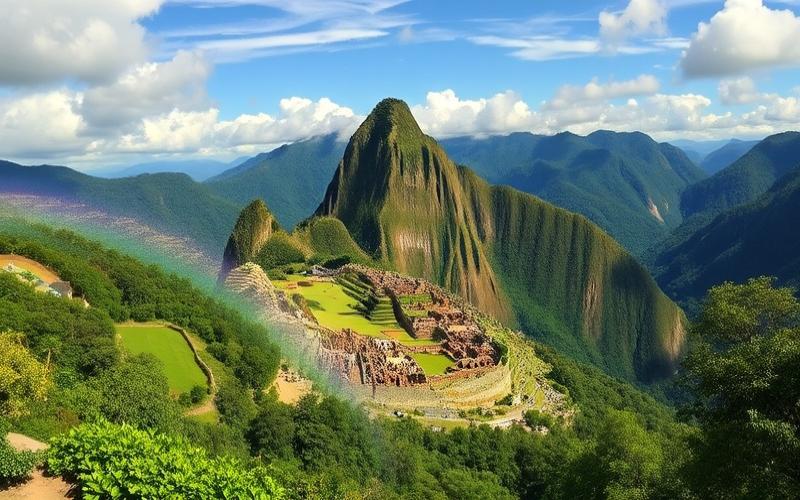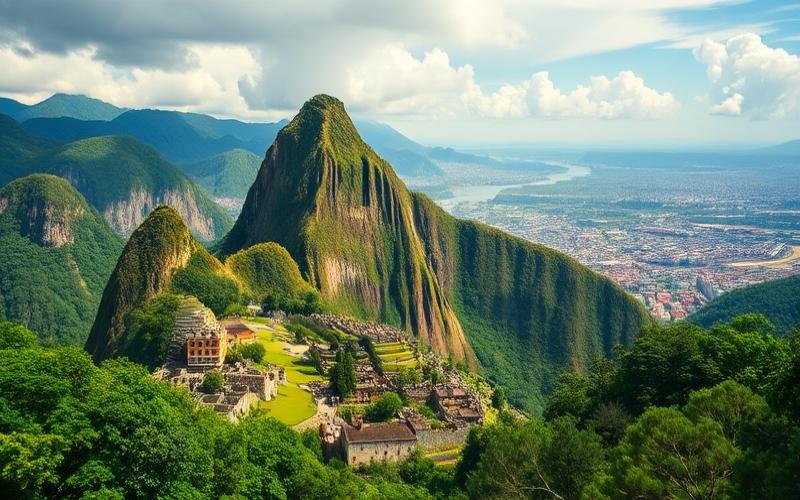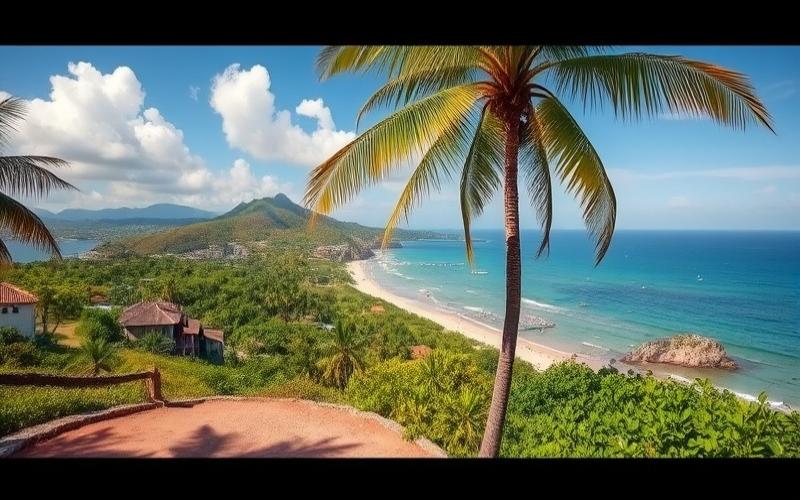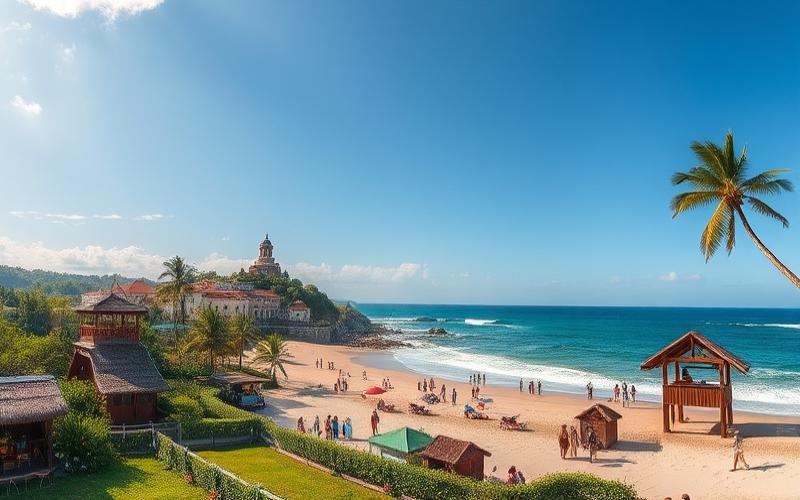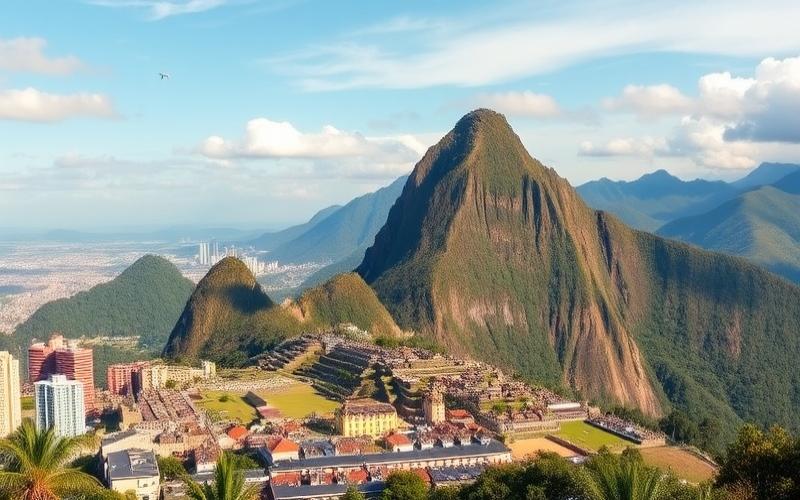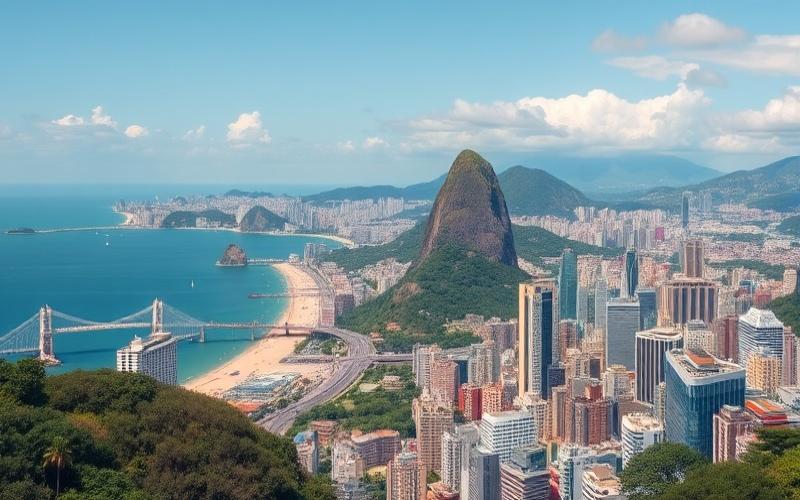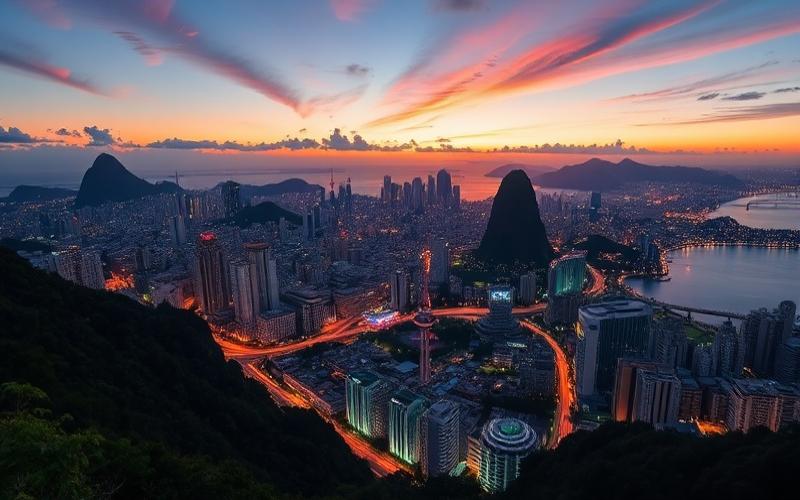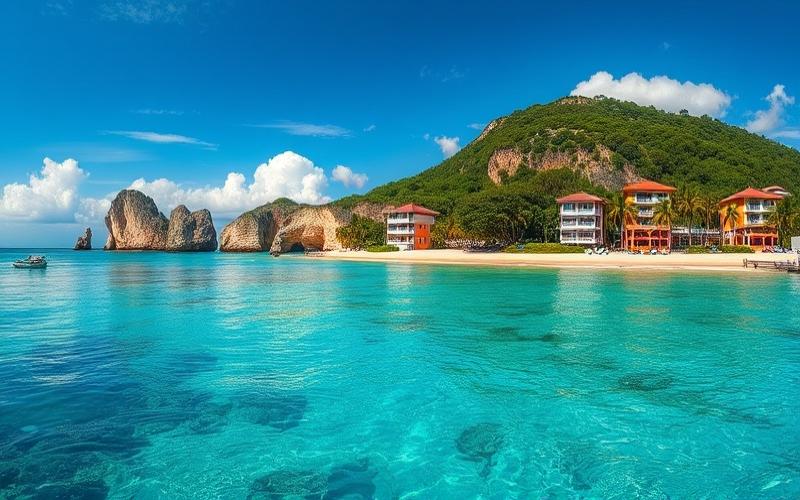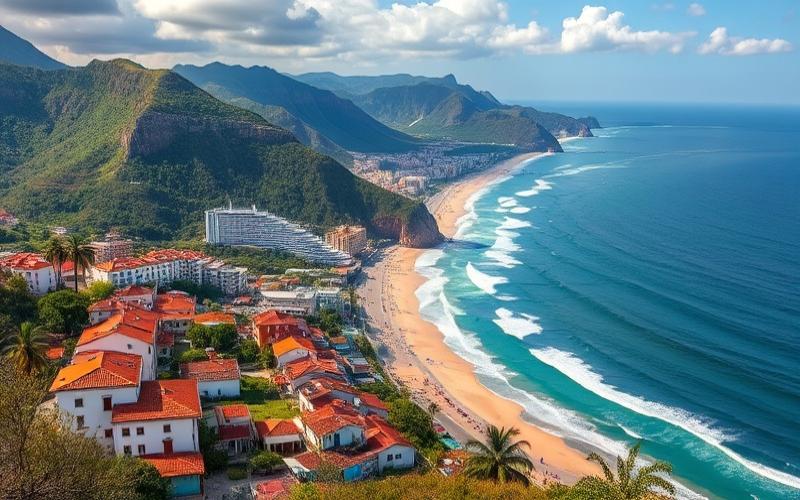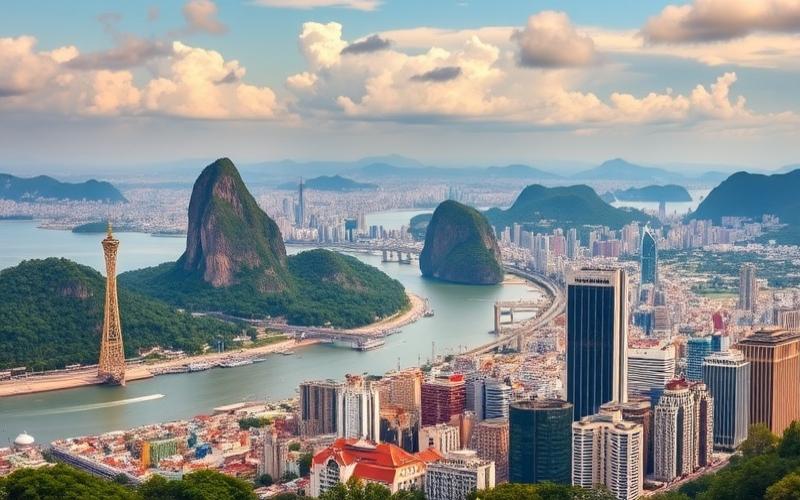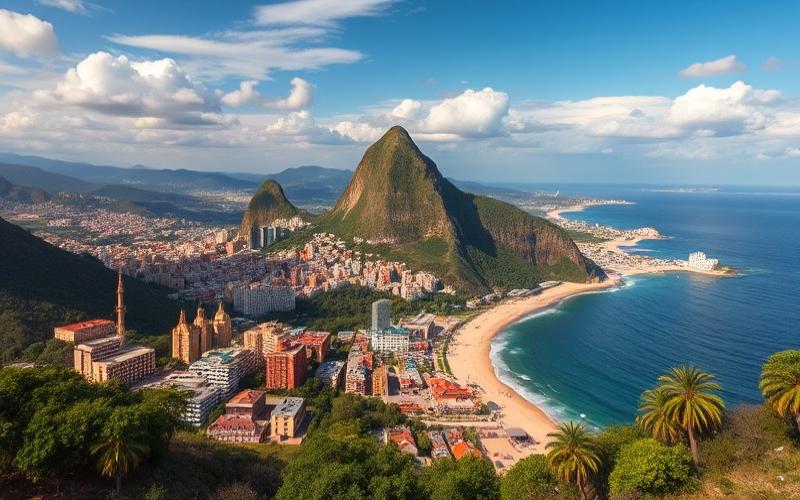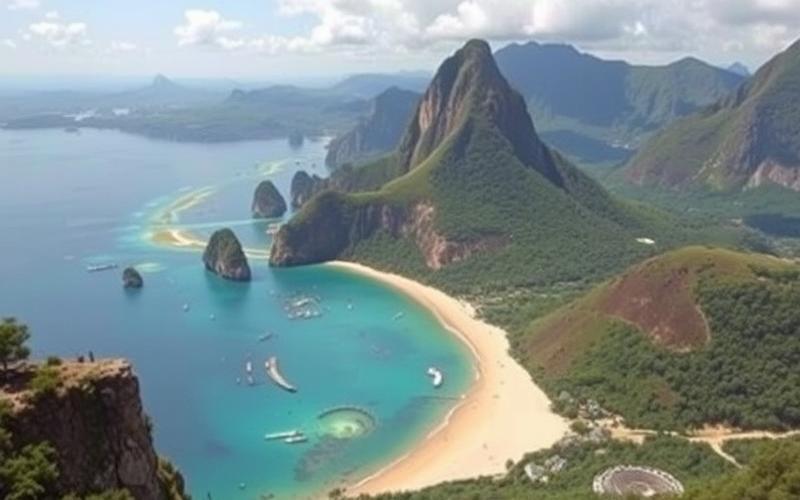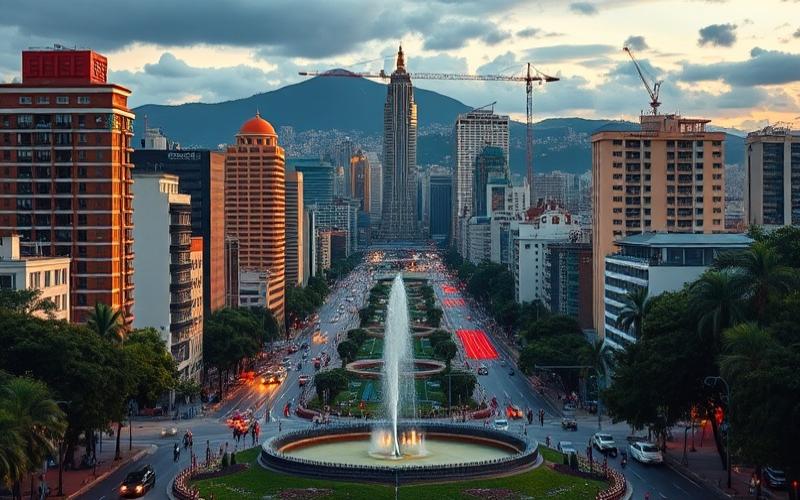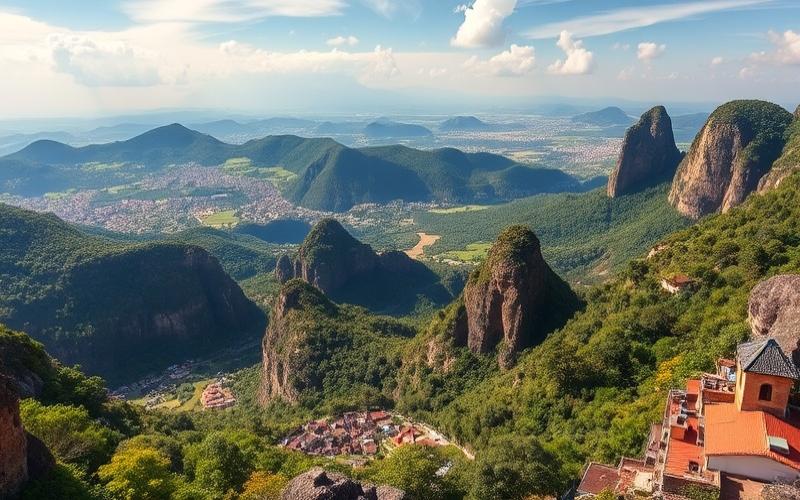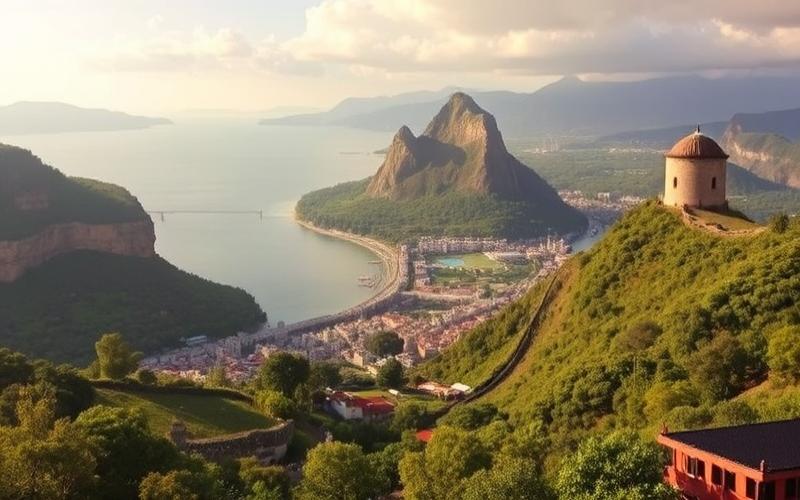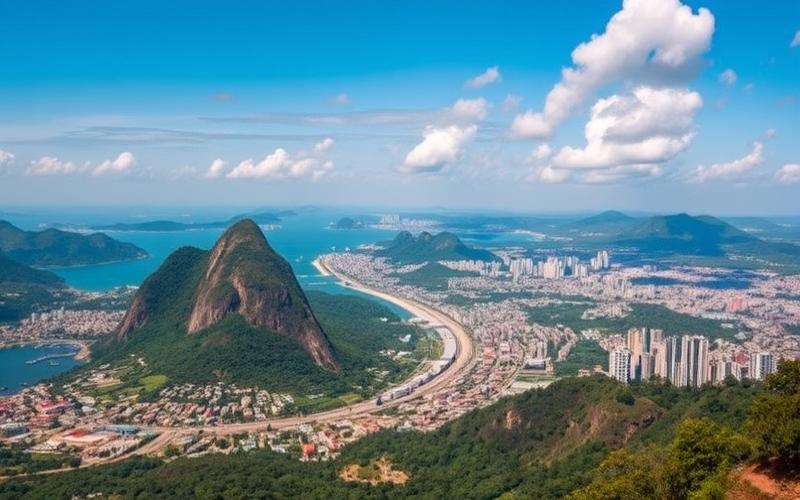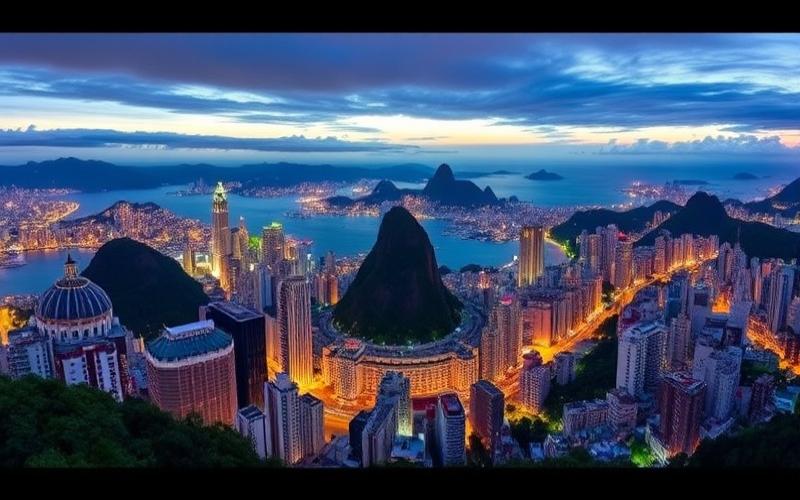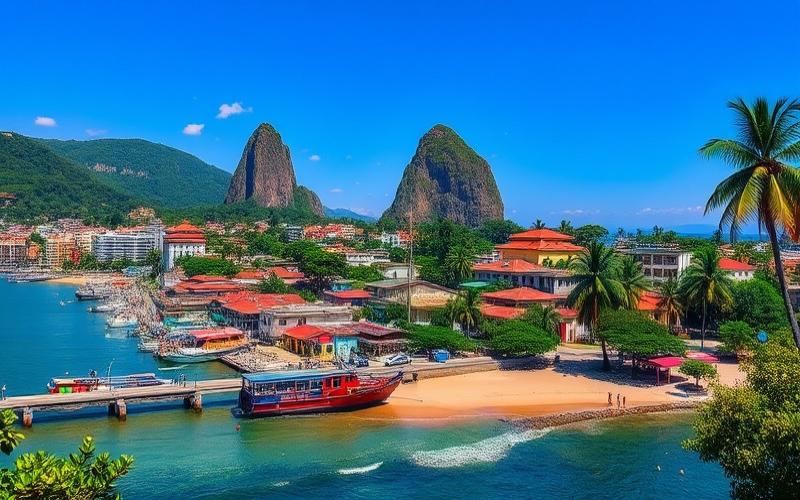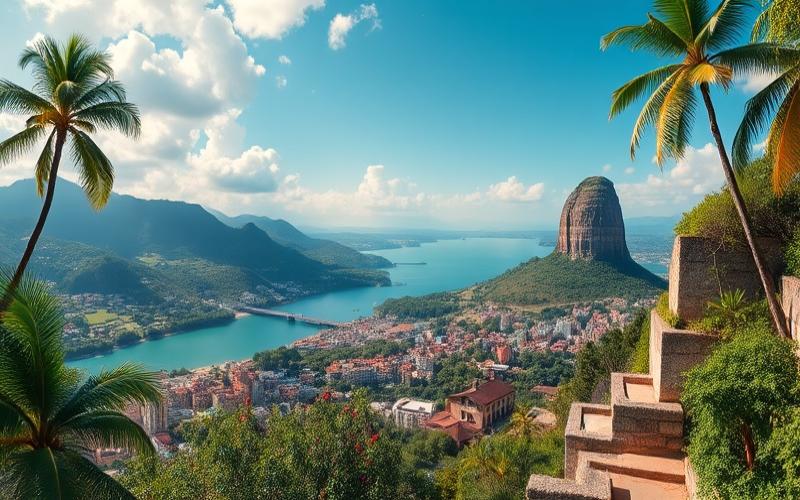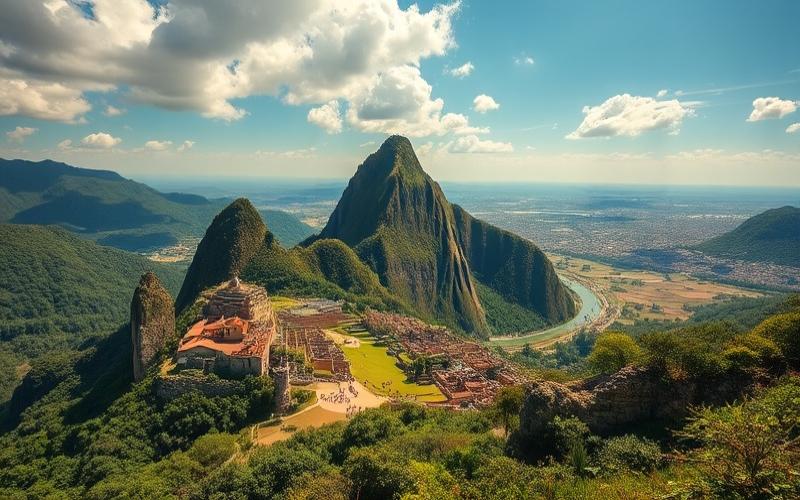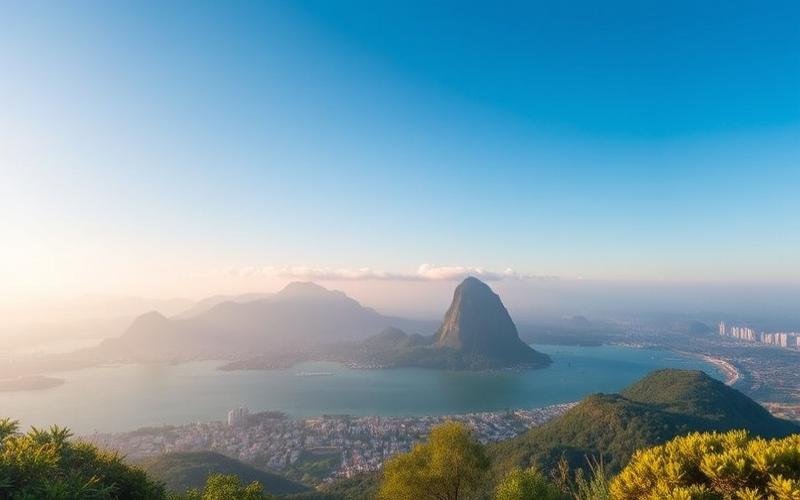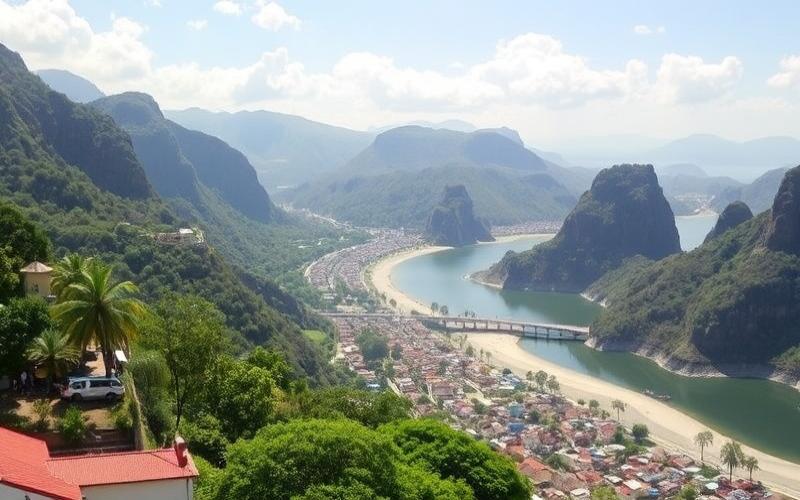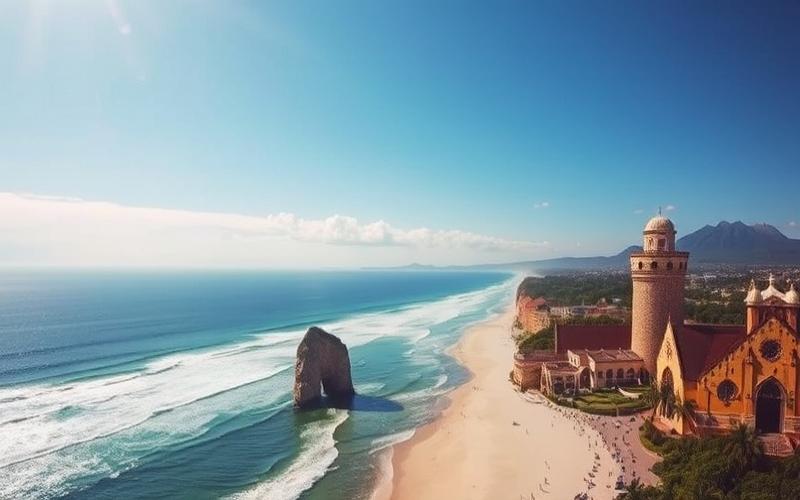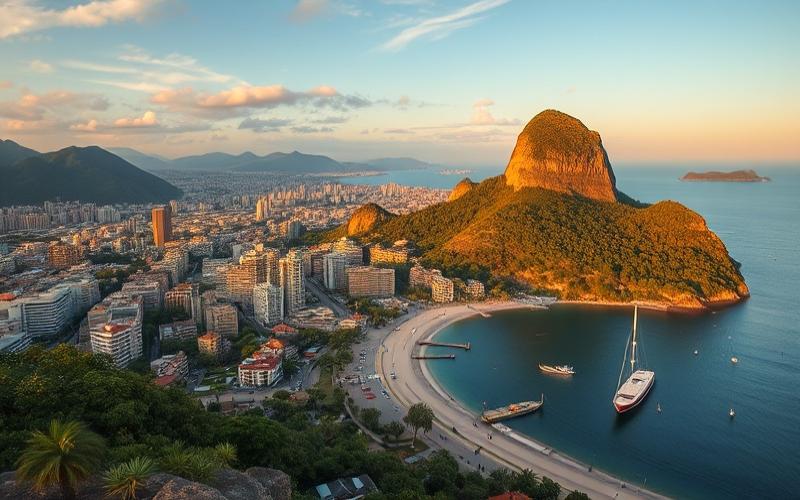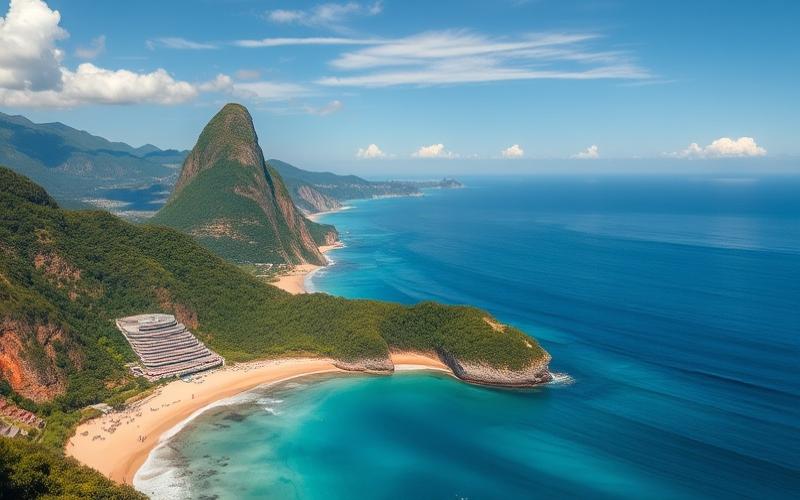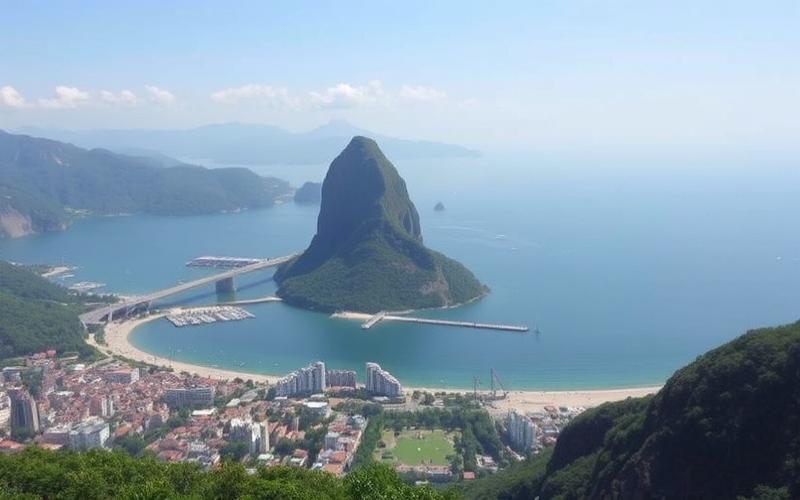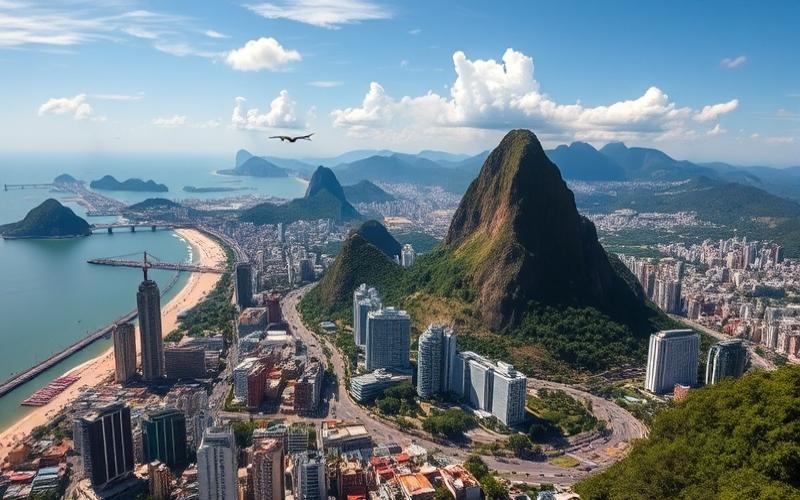
 Published on and written by Cyril Jarnias
Published on and written by Cyril Jarnias
Brazil, with its dream beaches, vibrant culture, and breathtaking landscapes, attracts millions of tourists from around the world each year. This growing influx of tourists has a significant impact on the Brazilian real estate market, creating new investment opportunities but also challenges for local populations. Let’s examine in detail how tourism is shaping the real estate landscape of this South American country.
Dream Destinations Driving Real Estate Prices Skyward
Brazil is filled with popular tourist destinations that attract real estate investors like magnets. Among the most popular areas are:
Rio de Janeiro: The “Marvelous City” remains one of Brazil’s most iconic destinations. Seaside neighborhoods like Copacabana, Ipanema, and Leblon are seeing real estate prices soar, driven by tourist demand. Ocean-view apartments are particularly sought after, both by investors and wealthy buyers looking for second homes.
São Paulo: Although less touristy than Rio, the country’s economic capital attracts many business travelers. Upscale neighborhoods like Jardins or Itaim Bibi experience high demand for luxury apartments and hotel residences.
Northeast: The Brazilian Northeast region, with its paradise beaches, has become a true gold rush for tourist real estate. Cities like Natal, Fortaleza, or Porto de Galinhas are seeing hotel complexes and vacation homes flourish, attracting many foreign investors.
Florianópolis: Nicknamed the “Brazilian Saint-Tropez,” this island in the south of the country is experiencing a real estate boom driven by high-end tourism. Luxury villas with ocean views are selling for top dollar.
Búzios: This chic beach resort located a few hours from Rio is highly sought after by celebrities and wealthy tourists. The local real estate market is booming, with growing demand for prestige properties.
Good to Know:
Brazil’s coastal areas, particularly in the Northeast and Southeast, are experiencing the strongest real estate market growth linked to tourism. Foreign investors are especially active there.
Soaring Prices Transforming the Urban Landscape
The influx of tourists to these dream destinations has a direct and significant impact on real estate prices:
Skyrocketing in Prime Areas: In the most touristy neighborhoods of Rio or São Paulo, prices per square meter have sometimes doubled or even tripled in just a few years. In Copacabana, for example, the average price per square meter now exceeds 10,000 reais (approximately $1,800), a level comparable to some major European capitals.
Accelerated Gentrification: Rising prices are pushing local populations toward the outskirts of cities, radically transforming the social composition of some neighborhoods. In Rio, entire favelas have been “pacified” and then gentrified to accommodate hotels and luxury residences.
Development of New Neighborhoods: Faced with growing demand, new residential areas are emerging, often in the form of gated and secured complexes. This is the case, for example, in Barra da Tijuca in Rio, which has transformed into a veritable “Brazilian Miami.”
Real Estate Speculation: The tourist appeal of certain areas attracts speculative investors, who buy properties hoping to resell them quickly with substantial profits. This practice contributes to driving up prices.
Pressure on Local Housing: The conversion of many homes into tourist accommodations (via platforms like Airbnb) reduces the supply of housing for permanent residents, pushing prices even higher.
Good to Know:
Real estate price increases in Brazilian tourist areas can reach 15 to 20% per year in some cases, well above the country’s average inflation. This situation creates growing tensions between tourism development and housing access for local populations.
The Rental Investment Boom: A Windfall for Property Owners
The rise of tourism in Brazil has created a true gold rush for rental investment, attracting both local and foreign investors:
Booming Seasonal Rentals: Peer-to-peer rental platforms like Airbnb are experiencing meteoric success in Brazilian tourist destinations. In Rio, it’s estimated that over 30,000 homes are offered for seasonal rental, generating substantial income for their owners, especially during peak periods like Carnival or New Year’s.
Attractive Returns: Rental yields in tourist areas can reach 8 to 12% per year, well above those observed in other segments of the Brazilian real estate market. This high profitability attracts many investors, including international investment funds.
Development of Vacation Residences: Many real estate complexes are specifically designed for tourist rental investment, offering hotel services and turnkey rental management. These products particularly appeal to foreign investors seeking returns and simplicity.
Diversification of Offerings: To meet growing demand, the supply of tourist accommodations is diversifying. We’re seeing innovative concepts like luxury “apart-hotels” or eco-friendly villas, aimed at attracting high-end clients seeking unique experiences.
Professionalization of the Sector: Faced with the scale of the phenomenon, many agencies specializing in tourist rental management have emerged. They offer comprehensive services to property owners, from online promotion to guest reception, including property maintenance.
Good to Know:
Tourist rental investment in Brazil can generate returns two to three times higher than traditional rentals. However, this activity is increasingly regulated by authorities, who seek to limit its negative effects on the local housing market.
Challenges to Address for Sustainable Development
While tourism has undeniably boosted the Brazilian real estate market, this evolution raises significant challenges:
Housing Accessibility: Rising real estate prices make housing increasingly difficult to access for local populations, especially in major tourist cities. This situation creates growing social tensions and pushes authorities to consider measures to regulate the market.
Heritage Preservation: Real estate pressure linked to tourism sometimes threatens the architectural and cultural heritage of Brazilian cities. In Salvador de Bahia, for example, the renovation of the historic center to attract tourists led to the displacement of many long-term residents.
Environmental Sustainability: Intensive real estate development in some fragile coastal areas raises questions in terms of environmental sustainability. Efforts are needed to reconcile tourist appeal with ecosystem preservation.
Market Regulation: Faced with the proliferation of seasonal rentals, many Brazilian cities are seeking to implement regulations to control this activity and limit its negative effects on the local housing market.
Economic Dependence: Some regions are becoming highly dependent on tourism and related real estate, making them vulnerable to fluctuations in international tourist demand.
Good to Know:
More and more Brazilian municipalities are implementing policies to regulate tourism-related real estate development, such as establishing quotas for seasonal rentals or creating zones reserved for affordable housing.
The impact of tourism on the Brazilian real estate market is undeniable and profound. While it offers numerous investment opportunities and contributes to the economic development of some regions, it also raises significant challenges in terms of social equity and sustainability. The challenge for Brazilian authorities is now to find a balance between tourist appeal, real estate development, and preservation of local populations’ quality of life.
In this dynamic and complex context, investing in tourist real estate in Brazil can prove very profitable, but requires good knowledge of the local market and particular attention to regulatory developments. Savvy investors will know how to take advantage of the opportunities offered by this growing market while contributing to a more sustainable and equitable development of the Brazilian real estate sector.
Disclaimer: The information provided on this website is for informational purposes only and does not constitute financial, legal, or professional advice. We encourage you to consult qualified experts before making any investment, real estate, or expatriation decisions. Although we strive to maintain up-to-date and accurate information, we do not guarantee the completeness, accuracy, or timeliness of the proposed content. As investment and expatriation involve risks, we disclaim any liability for potential losses or damages arising from the use of this site. Your use of this site confirms your acceptance of these terms and your understanding of the associated risks.


